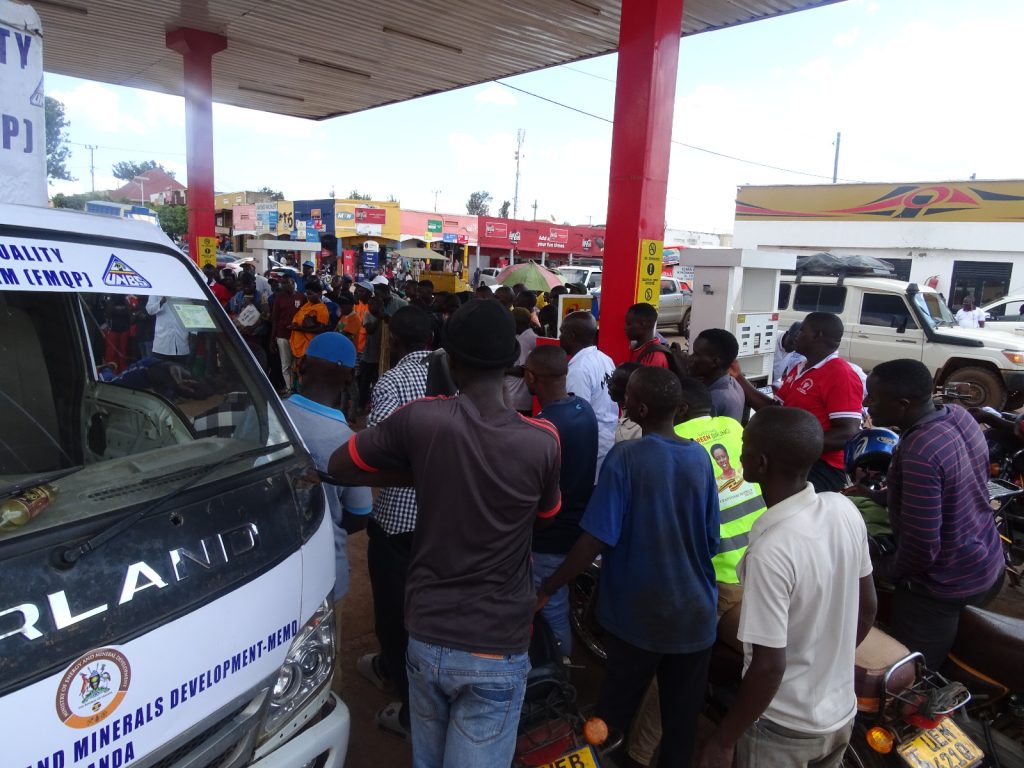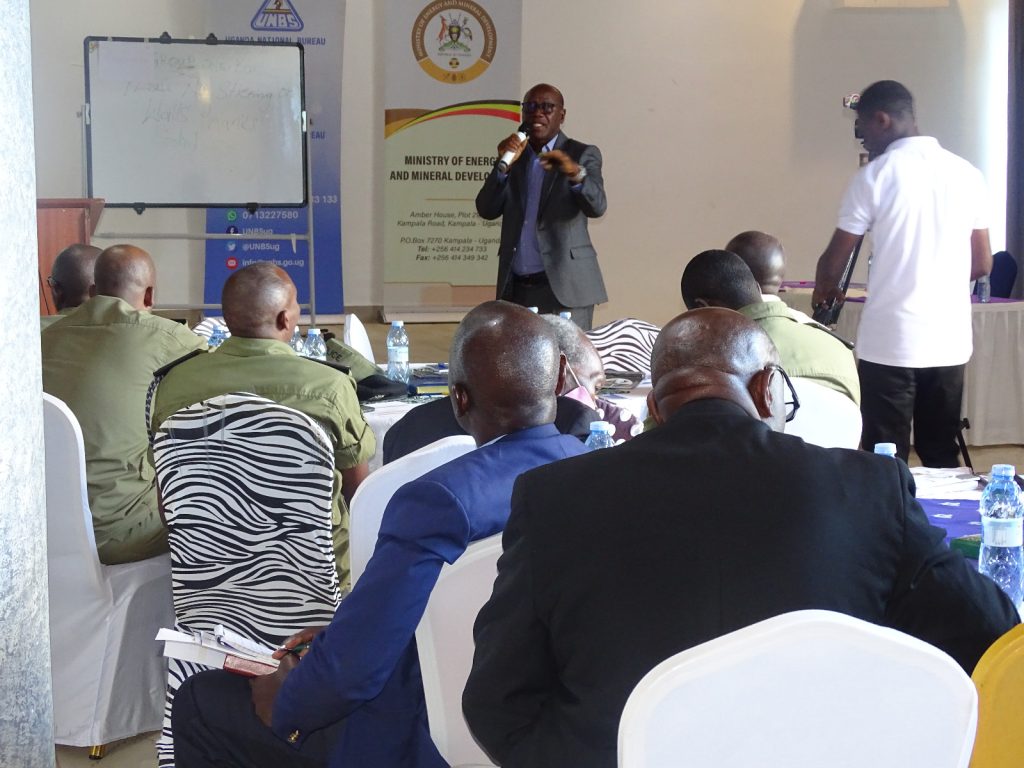The Ugandan government, through the Ministry of Energy and Mineral Development (MEMD) and the Uganda National Bureau of Standards (UNBS), has rolled out digital solutions to address non-compliant fuel stations evading penalties by transferring ownership.

The announcement came during a Fuel Marking and Quality Monitoring workshop for local leaders in Greater Masaka, hosted by UNBS and MEMD.
Peter Kitimbo, Fuel Marking and Quality Monitoring Supervisor, explained that non-compliant stations often transfer ownership to new operators to dodge license revocation.

“We’re introducing stickers with unique identifiers and GPS coordinates for each fuel station. This technology will track ownership, ensuring new owners inherit any penalties from prior non-compliance,” Kitimbo said.
Workshop attendees raised concerns about unregulated single-pump stations in remote areas, questioning their fuel quality.

Tonny Odek, a participant, asked, “Who regulates these single pumps off main roads that don’t meet standards?”
In response, MEMD’s Commissioner for Petroleum Supply, Rev. Justaf Tukwasibwe, acknowledged that current laws cover fuel and service stations but not single pumps.

He urged MPs to draft legislation to regulate these outlets, noting their importance in rural areas where larger oil companies are absent.
Consumers were advised to purchase fuel only from stations displaying UNBS stickers, guaranteeing quality and regulatory compliance.
They were also encouraged to stay vigilant to avoid being shortchanged.

Prior to the workshop, UNBS and MEMD conducted public awareness campaigns in Buwama, Lukaya, Matete, Sembabule, Rushere, Lyantonde, and Masaka.
The Fuel Marking and Quality Monitoring Program aims to ensure high-quality petroleum products across Uganda’s supply chain.
UNBS urges the public to report fuel station malpractices via its toll-free lines: 0800133133/0800233233 or WhatsApp at 0713227580.
About UNBS
The Uganda National Bureau of Standards (UNBS) is a government agency tasked with developing, promoting, and enforcing national standards to protect public health, safety, and the environment from harmful and substandard products.

